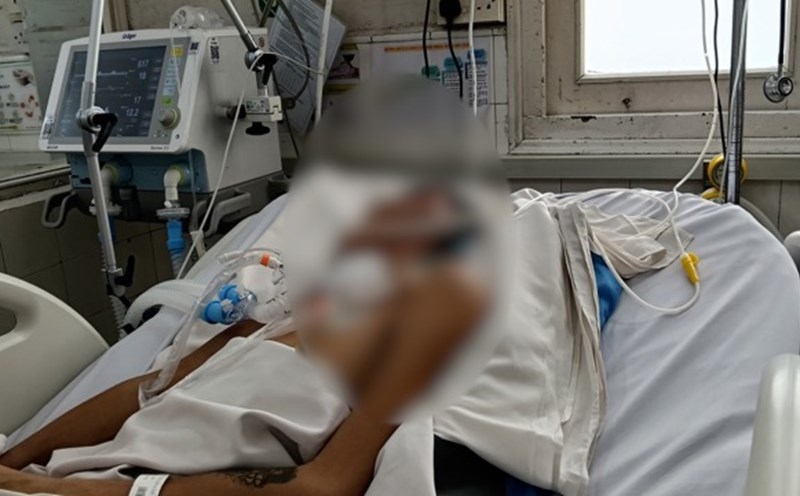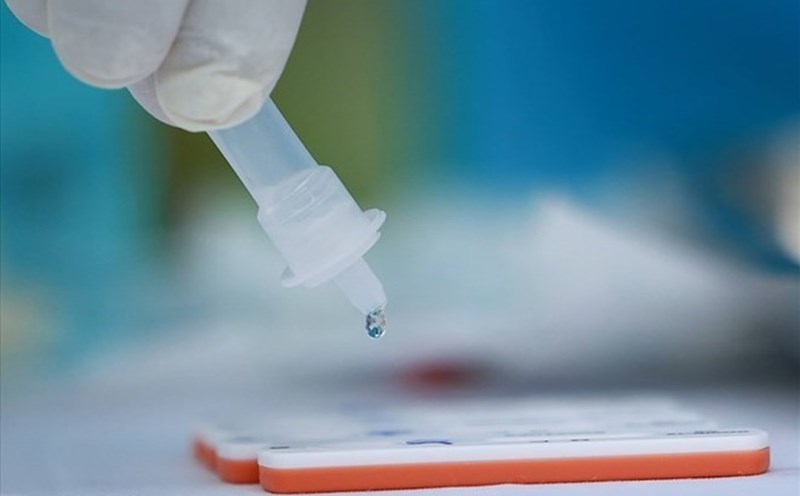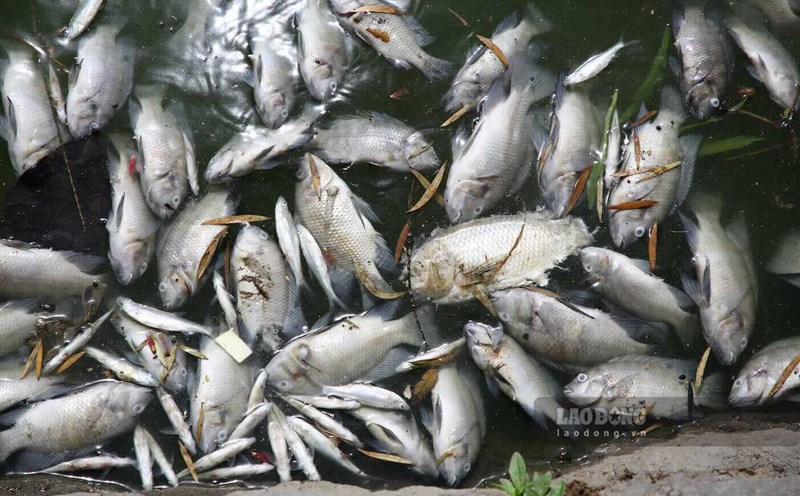On July 18, Ky Son Medical Center, Nghe An province confirmed that the area had just recorded the first 2 cases of Japanese encephalitis in 2025. Both cases are young children and are currently being treated at Nghe An Maternity and Pediatrics Hospital.
According to the results of the cerebrovascular disease test, both children tested positive for the Japanese encephalitis virus a dangerous acute infectious disease that can leave serious sequelae if not detected and treated promptly.
The first patient, an 8-year-old boy, started to have a fever, headache, and fatigue since July 4, but was treated by his family at home. After a week of no improvement, the child was taken to Ky Son Medical Center and transferred to Nghe An Maternity and Pediatrics Hospital on July 10.
The second case was a 9-year-old boy who had similar symptoms since July 13 and was transferred to the hospital the same day. Both were initially diagnosed with a fever of unknown cause, monitored for encephalitis, meningitis. Tests later confirmed that all were positive for the Japanese encephalitis virus.
According to the leader of Ky Son Medical Center, immediately after detecting the case, the unit urgently deployed widespread epidemic prevention measures. The focus is on investigating the epidemic in the two villages where the child patient lives, closely monitoring suspected cases, organizing timely isolation and referral; spraying chemicals to treat the environment, killing mosquitoes and ticks and monitoring disease-carrying vectors.
In addition, the local health sector has mobilized people to clean up the environment, remove mosquito and plant-based beds by clearing forest dust, preventing holding prison water; review the list of children who have not been vaccinated or have not been vaccinated enough with Japanese encephalitis vaccine to organize dredging; promote communication through loudspeakers and social networks, instruct people to monitor the health of children and take their children for vaccination on schedule.
Nghe An health sector recommends that, to protect children from the risk of disease, parents need to take their children to health stations for full consultation and vaccination, according to the expanded immunization program. At the same time, keep the living environment clean, do not let water accumulate in the place where mosquitoes breed. When children have unusual symptoms such as fever, headache, nausea, changes in consciousness, they need to be taken to a medical facility early for timely diagnosis and treatment.











